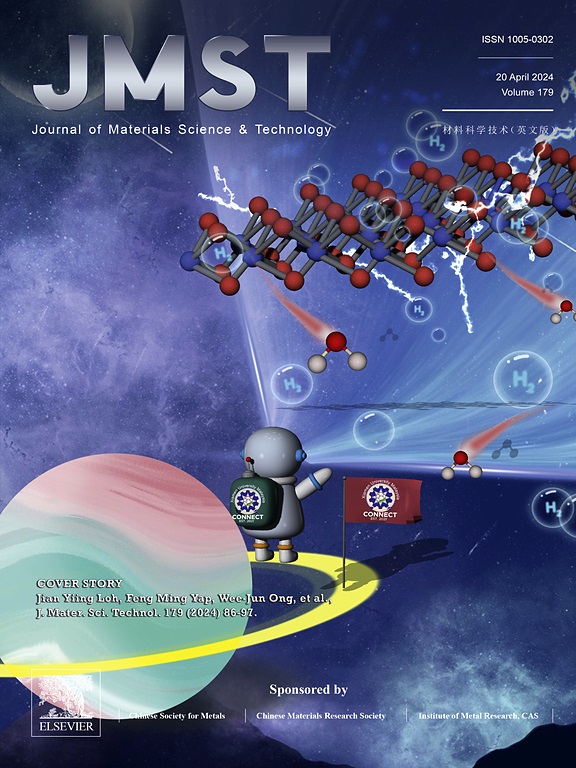Breaking the scaling relationship for high-performance seawater oxidation through lattice distortion triggered by molybdenum
Abstract
Efficient and stable electrocatalysts are essential for seawater splitting to sustain electrolysis without chloride corrosion, particularly at the anode. Furthermore, the oxygen evolution reaction (OER) requires high overpotential due to the universal scaling relationship. Herein, molybdenum doping FeNi2Se4 with lattice distortion is proposed to break the scaling relationship. Mo-FeNi2Se4 shows high performance in direct seawater electrolysis and achieves current densities of 10 and 100 mA cm?2 at overpotentials of 190 and 250 mV, respectively, together with high OER selectivity and long-term stability. It is found that the lattice distortion induced by Mo doping in (3 1 0) plane of FeNi2Se4, leads to a decrease in the d-band center and the adsorption energy of *O, which not only breaks the scaling relationship of OER but also lowers the energy barriers of rate-determining step. Moreover, it enhances the corrosion resistance to Cl?, and realizes the high-efficiency seawater electrolysis driven by photovoltaic.





